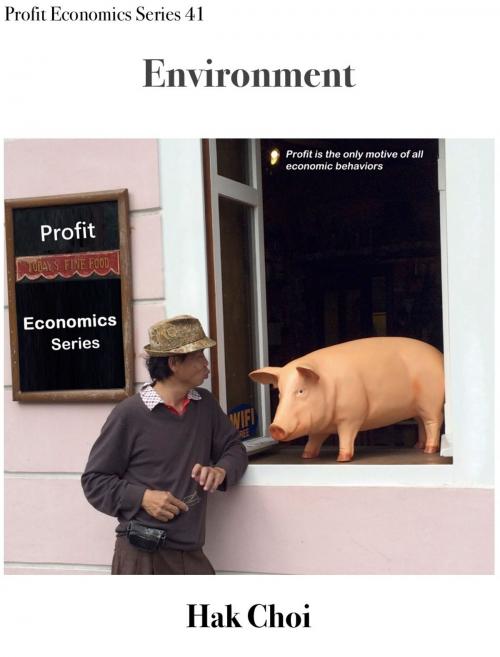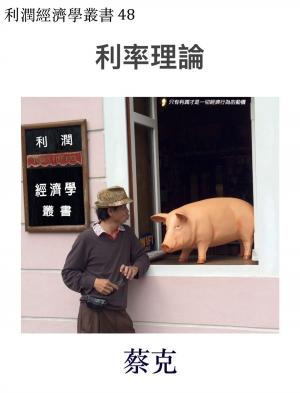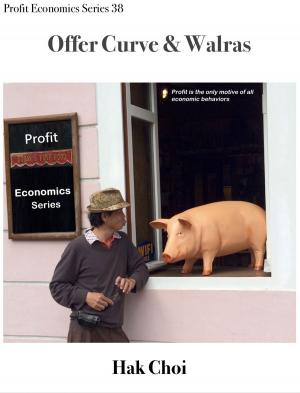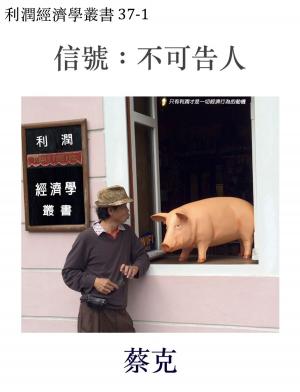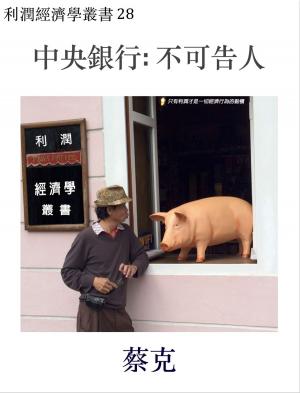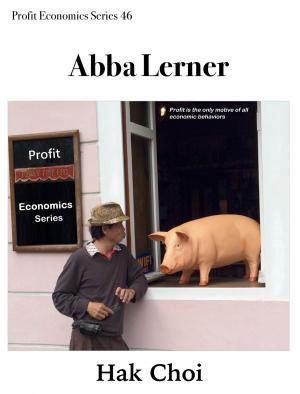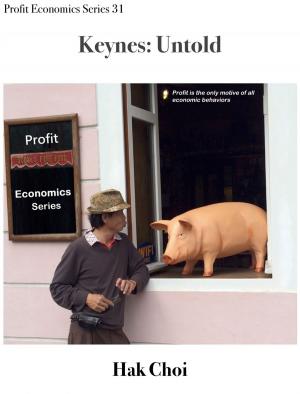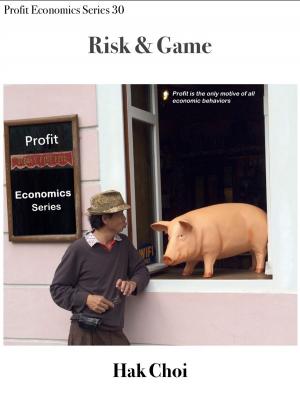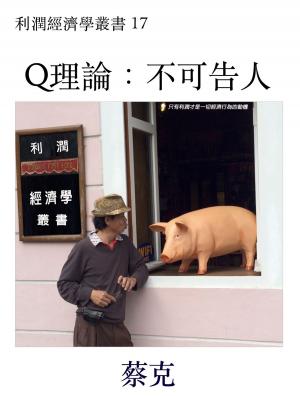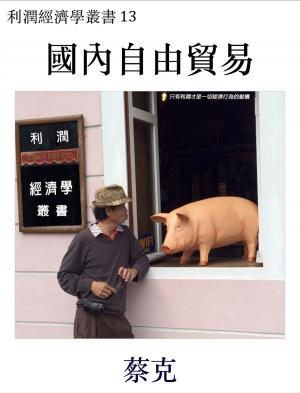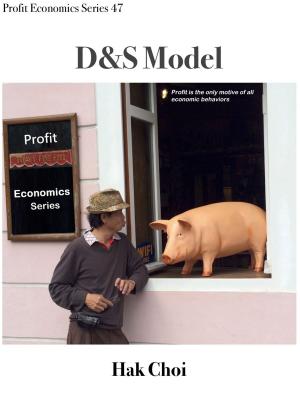| Author: | Hak Choi | ISBN: | 1230002317328 |
| Publisher: | Hak Choi | Publication: | May 12, 2018 |
| Imprint: | Language: | English |
| Author: | Hak Choi |
| ISBN: | 1230002317328 |
| Publisher: | Hak Choi |
| Publication: | May 12, 2018 |
| Imprint: | |
| Language: | English |
Ronald Coase described a story: the cows of a cattle-raiser sway to his neighbor and destroy the farmer’s crops. That damage is called external cost. External cost means a cost not borne by either the buyer or the seller, and hence the cattle-raiser can sell his beef at a higher price, while consumers can buy at a lower price. Isn’t that good? It seems good, but when neither the seller nor the buyer bears the damage, who bears? In this example, it is the poor farmer. But most of the time, there is no definite bearer of damage. Does it mean that no one is hurt? That is not true. External cost is also called social cost, so it is the society as a whole that bears the damage. Environmental pollution is social cost. When the society as a whole bears the damage, everyone gets hurt, with deteriorating health, increasing cancer diseases, and shorter lifespan. Now, everybody has become nervous and cares about social cost. But how can social cost be solved and, at best, eliminated? This volume shows that most of the current solutions are either punishing the wrong guys (like punishing again the poor farmer) or encouraging more pollution (like inciting the cows to ravage again). That is why, when more people cry about environment protection, the globe gets warmer. Coase has also suggested an ultimate correct solution, which I put in the last chapter.
Ronald Coase described a story: the cows of a cattle-raiser sway to his neighbor and destroy the farmer’s crops. That damage is called external cost. External cost means a cost not borne by either the buyer or the seller, and hence the cattle-raiser can sell his beef at a higher price, while consumers can buy at a lower price. Isn’t that good? It seems good, but when neither the seller nor the buyer bears the damage, who bears? In this example, it is the poor farmer. But most of the time, there is no definite bearer of damage. Does it mean that no one is hurt? That is not true. External cost is also called social cost, so it is the society as a whole that bears the damage. Environmental pollution is social cost. When the society as a whole bears the damage, everyone gets hurt, with deteriorating health, increasing cancer diseases, and shorter lifespan. Now, everybody has become nervous and cares about social cost. But how can social cost be solved and, at best, eliminated? This volume shows that most of the current solutions are either punishing the wrong guys (like punishing again the poor farmer) or encouraging more pollution (like inciting the cows to ravage again). That is why, when more people cry about environment protection, the globe gets warmer. Coase has also suggested an ultimate correct solution, which I put in the last chapter.
